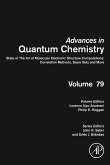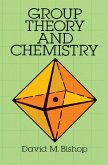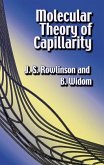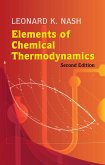Electron correlation effects are of vital significance to the calculation of potential energy curves and surfaces, the study of molecular excitation processes, and in the theory of electron-molecule scattering. This text describes methods for addressing one of theoretical chemistry's central problems, the study of electron correlation effects in molecules.
Although the energy associated with electron correlation is a small fraction of the total energy of an atom or molecule, it is of the same order of magnitude as most energies of chemical interest. If the solution of quantum mechanical equations from first principles is to provide an accurate quantitative prediction, reliable techniques for the theoretical determination of the effect of electron correlation on molecular properties are therefore important. To that end, this text explores molecular electronic structure, independent electron models, electron correlation, the linked diagram theorem, group theoretical aspects, the algebraic approximation, and truncation of expansions for expectation values.
Although the energy associated with electron correlation is a small fraction of the total energy of an atom or molecule, it is of the same order of magnitude as most energies of chemical interest. If the solution of quantum mechanical equations from first principles is to provide an accurate quantitative prediction, reliable techniques for the theoretical determination of the effect of electron correlation on molecular properties are therefore important. To that end, this text explores molecular electronic structure, independent electron models, electron correlation, the linked diagram theorem, group theoretical aspects, the algebraic approximation, and truncation of expansions for expectation values.
Dieser Download kann aus rechtlichen Gründen nur mit Rechnungsadresse in A, D ausgeliefert werden.









